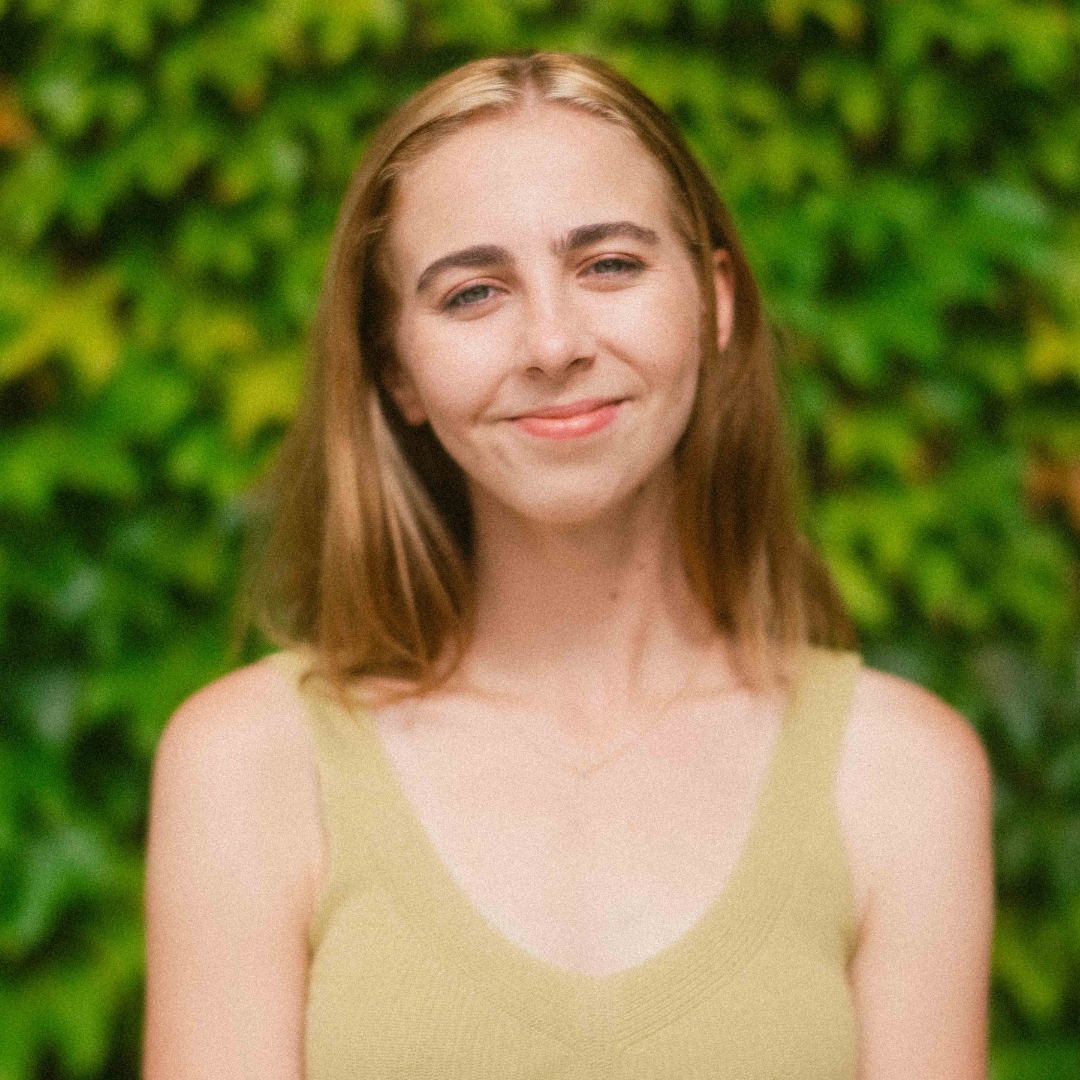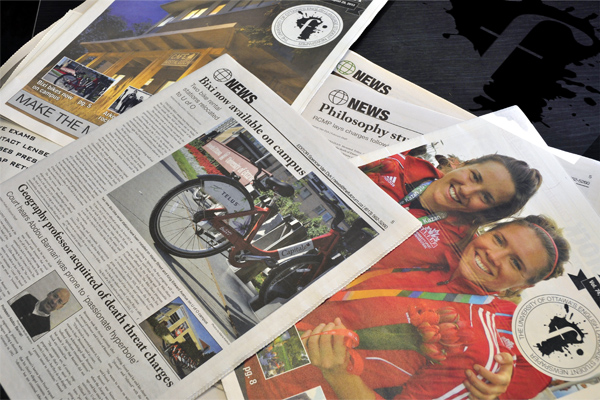Co-presidents aim to create “A welcoming space for everyone”
If you’ve ever walked through the heart of the U of O campus at the beginning of a new semester you might have passed through a club fair. Campus groups set up tables to share their clubs and organizations with students. These events provide students opportunities to find different clubs that might give them a sense of community within the larger university population.
A club fair is how one of the current co-presidents of the U of O Bangladeshi Student Association (UOBSA), Elina Alam first discovered the UOBSA. Now in her fifth year of a business technology management degree, Alam shared that finding the club in 2022 helped her find community on campus after starting school online during COVID.
“I’d never seen a cultural club for Bangali’s on campus before and they said we have some spots open, so I was like ‘oh let me apply’ because I felt it would be a good way to connect with my culture a bit more and meet new people which is what I needed after [a few years] online. So that’s how I found them and then I stayed with them and went through a few different roles”
The Fulcrum spoke with Alam and her UOBSA co-president Sreejita Das about the events they have put on this year and their plans for the rest of the term. Das and Alam highlighted the importance of the club’s work in bringing students together to share their culture, celebrate holidays and build networks.
Das connected with the club by reaching out to their Instagram and starting in a general associate role created for her. Das recalls the group growing over her time as an executive.
They estimate the club currently has around 100 members including their executive. While Das and Alam shared that events are open for anyone to attend, they count their membership by having students complete a form that can be found here. By becoming an official member of the club students can expect to be kept up to date with events via emails.
During the 2024 Fall semester the UOBSA hosted an Adda night of board games and food. Das likened the night to “how our parents would be invited to other Bangali families [homes] and play games and have chai.”
Other events during the semester included a celebration of Durga Puja where students were invited to dance and share food.
The club also hosted a women-only Meyeder Mehndi fundraiser event where local henna artists were invited. Das and Alam wanted the event to be a space to build “feminine solidarity and sisterhood” within the club, raising over $700 with the single event.
As for the Winter semester, in the coming weeks and months the club hosted a networking event with the Bangladeshi high commission on Jan. 30 and is planning an Iftar meal on campus during Ramadan (March) and a celebration for Esho Hey Boishakh (April).
Perhaps the largest day for the UOBSA, Feb. 21 is Mother Language Day, held on the anniversary of the 1952 Bengali Language movement demonstration.
Students in Dhaka assembled in protest, demanding recognition of the Bangali language in what was then East Pakistan. Police violence led to the killing of four student protesters and the injury of many others. Mother Language day was established by UNESCO in 1999 and recognized by the UN in 2002. The day now serves as an annual reminder of the importance of language preservation.
Alam stated that the club will be using the day to hold educational sessions and discussions on the political violence considered a genocide of a linguistic minority which led to the formation of the Bangladeshi state. For the club Mother Language day is a time to celebrate the Bangali culture and honour the Martyrs of the 1952 protest.
Summer 2024 protests and vigils
The co-presidents recalled working with the University of Ottawa Students’ Union (UOSU) over the summer to organize protests at Parliament Hill to show solidarity with the then on-going student-led protests in Bangladesh.
The UOBSA used their protest to hold vigil for and honour those who were killed by state police at these protests. By early August, UNICEF reported upwards of 200 deaths at these protests with the youngest reported death being a four-year-old, at least 32 children were reported killed.
“It was really scary for a lot of our members and a lot of our families here, so it [the protest] was more so to bring awareness to that and also to protest against the injustice.” Alam
“It really changed the student body in terms of bringing us closer together. Obviously we are to some degree disconnected but we saw what happened and it kind of reminded us of who we are, what we fight for initially and what we are still fighting for,” Das shared.
“And while the situation has gotten better in Bangladesh there’s still some tensions that exist within and not everything is as it used to be so we’re just kind of constantly monitoring and making sure we’re up to date with the news and actively engaged.”
Alam spoke to their efforts as a club to keep their community informed through informational posts to their social media platforms, saying: “Our parents will read the news but we’re not always necessarily aware […] it’s tough to know what’s going on. We try to post on an ongoing basis and keep the community informed on what’s going on back home.”
Alam and Das shared that some students were let down by university mental health resources. “I think because of the situation the resources that were available from the university weren’t tailored or specific enough for [members]. I think the lack of being able to see yourself in that person [councillor] made it kind of inaccessible. I think most international students from Bangladesh were relying on each other as confidants. I think an ongoing thing with the university is a lack of resources and long wait times, but that’s kind of an institutional problem.”
To keep up with the ongoing work of the UOBSA students can follow their Instagram or connect with the group on Facebook.






